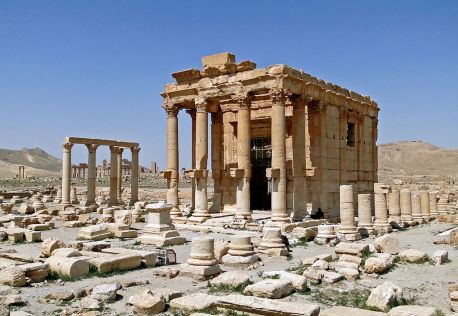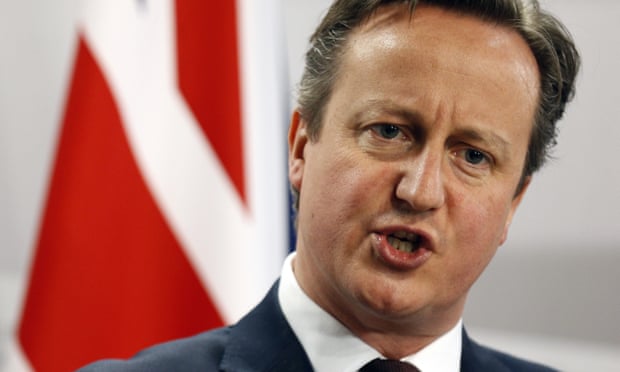
'Earlier this month, air strikes by the Assad regime killed more than 100 people shopping at a market in Douma. That massacre was just one of countless others carried out by this brutal dictatorship since 2011, when the Syrian people began their peaceful fight for freedom.
The destruction of Syria and the death and displacement of its people are of great concern to the American Muslim community, and should be of concern to the entire world community.
In one of the earliest revelations in the Quran, Islam’s revealed text, God condemned the withholding of humanitarian assistance by condemning those who refuse to share the necessities of life. (Chapter 107, The Holy Quran)
The world can no longer ignore the suffering of the Syrian people or its obligation to assist those who are being daily displaced, tortured, starved, raped, and killed. The unwillingness to protect civilians and ensure the delivery of humanitarian aid in Syria is creating conditions that facilitate the rise of extremist and terrorist groups such as ISIS and al-Qaeda. If left unaddressed, extremism and terrorism will only grow.
We urge American Muslims and all people of conscience to contact their elected representatives and the Obama administration to push for the United States to work with key allies to immediately establish and enforce one or more no-fly zones in Syria.
These zones would be an effective way to protect civilians from attack, provide essential protection for displaced Syrian civilians and offer a safe transit route for desperately needed humanitarian supplies. They would also allow many refugees to return to Syria and thereby relieve pressure on neighboring countries struggling to cope with an unrelenting exodus.'









